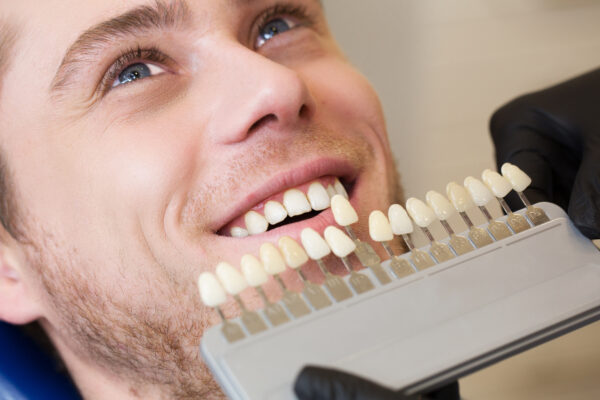Cavities, cracked, and crooked teeth can make a self-assured person behave very timidly. Thanks to modern dentistry, you can fix your smile and give yourself the confidence you need.
The success rate of dental implants is helping millions of people do just that.
Believe it or not, dental implants feel and act like actual teeth. You can eat all the foods you loved with implants as you did with your natural teeth. Implants can last a lifetime. There’s no need to worry about replacing them every 10 years.
They also improve dental health, preventing bone loss, as implants replace the root and the tooth.
Do you think getting dental implants is risky? Read on to learn everything you need to know about the success rate of dental implants?
Sufficient Bone in the Jaw Factors Into the Success Rate of Dental Implants
Bone supports every tooth in the mouth. Healthy bone growth relies on normal stimulation in the mouth—chewing and brushing teeth.
When you lose a tooth, the absence of the tooth affects the bone that once supported it. Diminishing bone affects other teeth in the mouth over time. They shift often and often began to appear crooked.
When you lose a tooth, replace it right away. Dental implants work best with healthy bone in the jaw.
It’s still possible to receive an implant if it’s been a while since you lost a tooth. You’ll need to get a bone graft to make it possible. That means extra money out of pocket and a long waiting period to receive an implant.
You Need to Practice Good Oral Hygiene
Practicing proper healthcare techniques inside the mouth affects the success rate of implants. Poor oral hygiene leads to infections in the gum, tooth decay, and tooth loss.
After an implant, you must continue to practice good oral hygiene techniques. If you don’t, peri-implantitis erupts in the gums surrounding the teeth. The results are loss of the implant and complete bone erosion.
Brush and floss as you would with any implant. The average success rate of dental implants depends on it.
A Healthy Lifestyle Matters
Everything you put in your body affects the health of your gums, which later affects your implants. If you have unhealthy habits or health conditions, they take a toll on dental implants.
Take smoking, for example. Smoking affects gum and bone health. Nicotine slows down the natural blood flow to soft tissues in the body. Over time, it weakens the immune.
A weak immune doesn’t support the natural healing process implants need. If the implant doesn’t fuse to the bone as it’s supposed to, the procedure will fail.
Make sure you disclose your entire medical history with your dentist. Doctors like Dr. Suzanne Caudry will tell you they need to know what medical conditions and medications you’re taking.
This information determines the success rate of your implant and reveals the truth about dental implants.
Try Implants
There are so many factors at work when it comes to the success rate of dental implants. Sit down and discuss all your options with your dentist to see what’s right for you.
Let us pass on more information like this to you. Check out our lifestyle guide for the latest ideas and tips on health.











